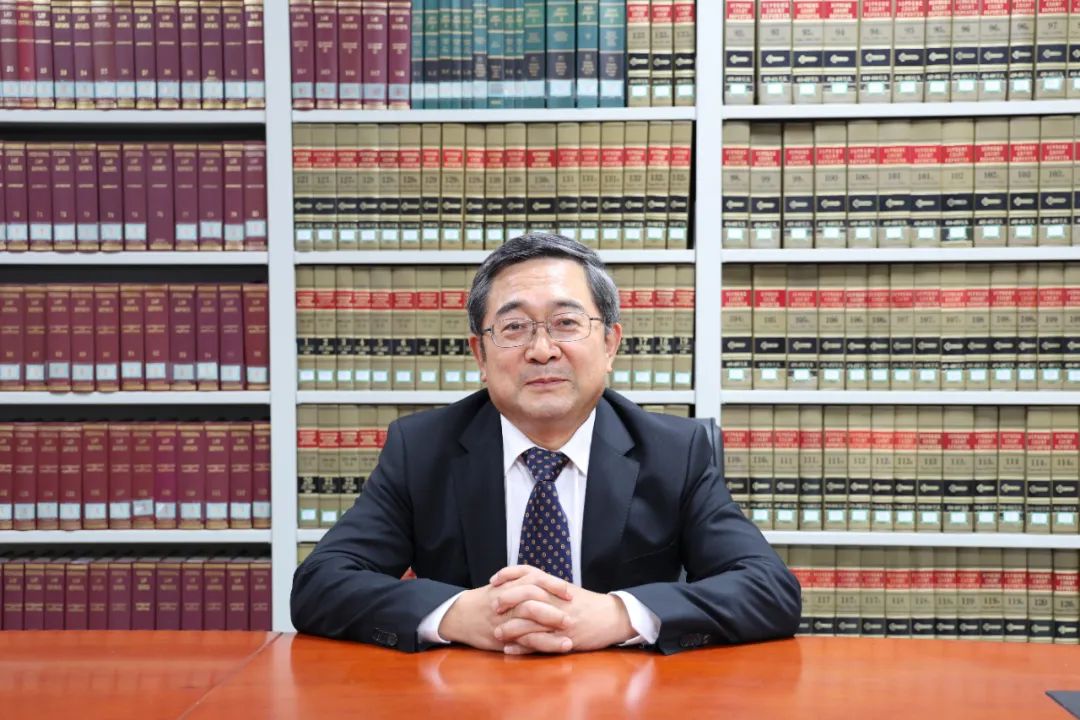
Abstract: The principle of "constitutional reservation" has not become an explicit concept in the traditional theoretical framework of Constitutional theory, and only a few scholars have explored the legitimacy and value of constitutional reservation under the framework of the principle of "legal reservation" in the sense of administrative law. The principle of "constitutional reservation" can well reflect the normative characteristics of the Constitution as the fundamental law, help to restrict the legislative activities of the legislature, and clarify the institutional boundaries between constitutionality and legality. Many provisions of the Legislation Law, which was newly amended in 2023, imply the value requirements of the principle of "constitutional reservation". In particular, taking the "constitutional spirit" as the basis for legislation provides sufficient normative basis for the existence of the principle of "constitutional reservation" and its own normative construction and interpretation functions. Therefore, the introduction of the concept of "constitutional reservation" in jurisprudence can enrich China's independent knowledge system of constitutional theory, and promote the effective development of constitutionality review in constitutional practice, thereby elevating the implementation of the Constitution to a higher level.
Key Words: the principle of constitutional reservation; the principle of popular sovereignty; the principle of the rule of law; implicit constitutional norms; constitutional spirit
Author: Mo Jihong, director and research fellow, CASS Institute of Law; and dean and professor, Law School of the University of CASS.
Source: 5 (2023) Tribune of Political Science and Law.



